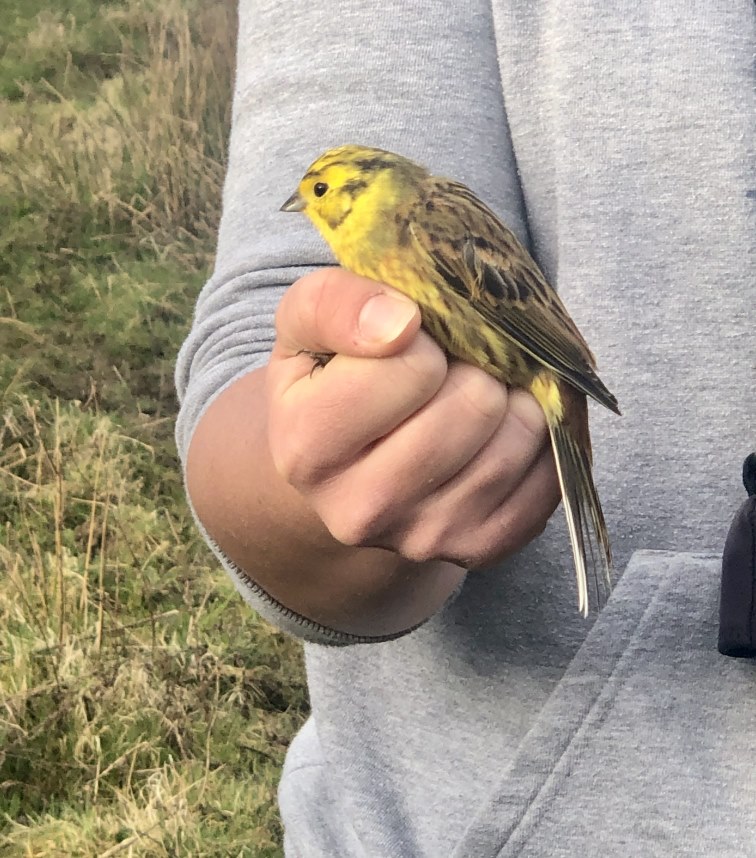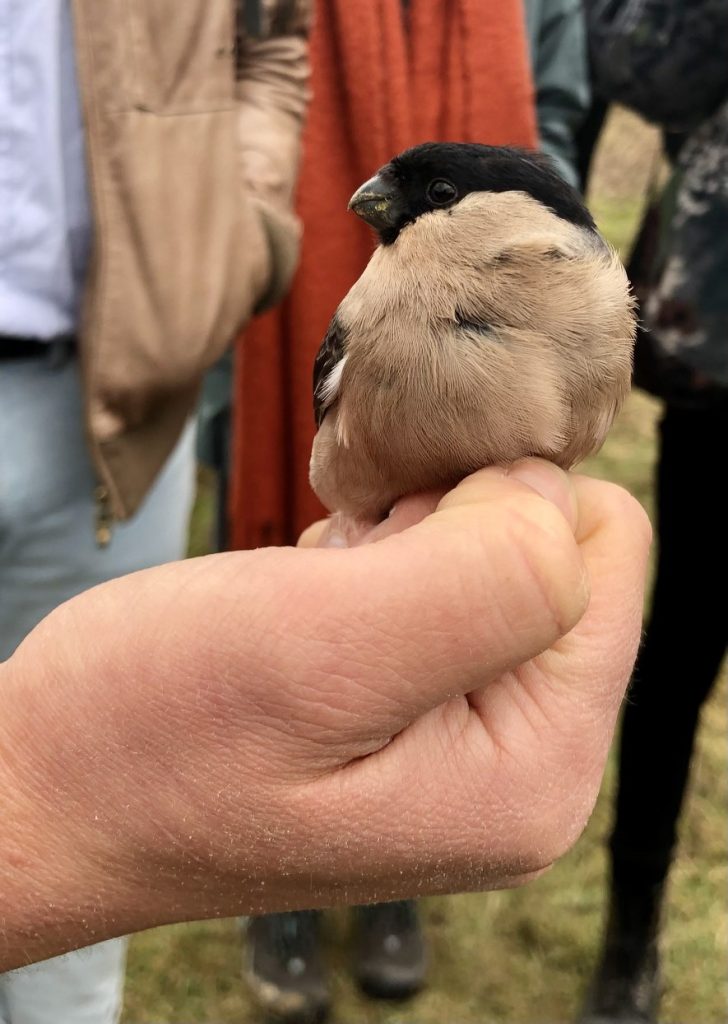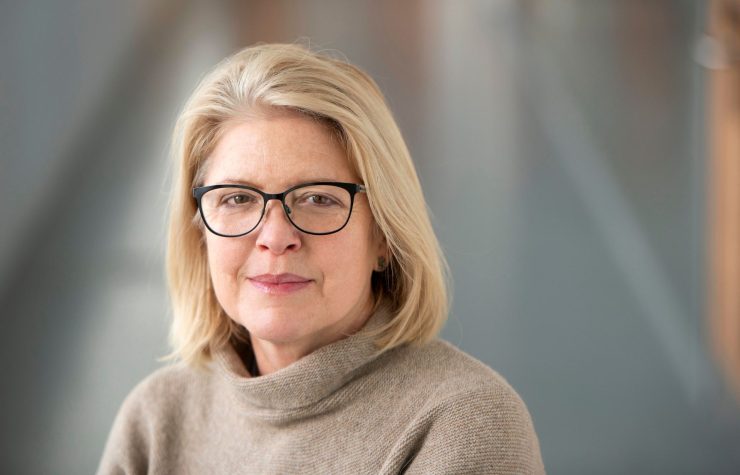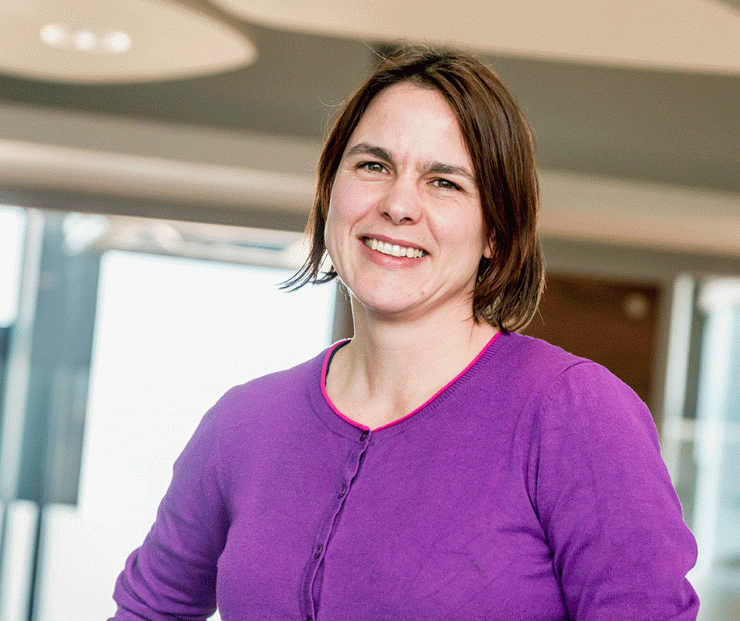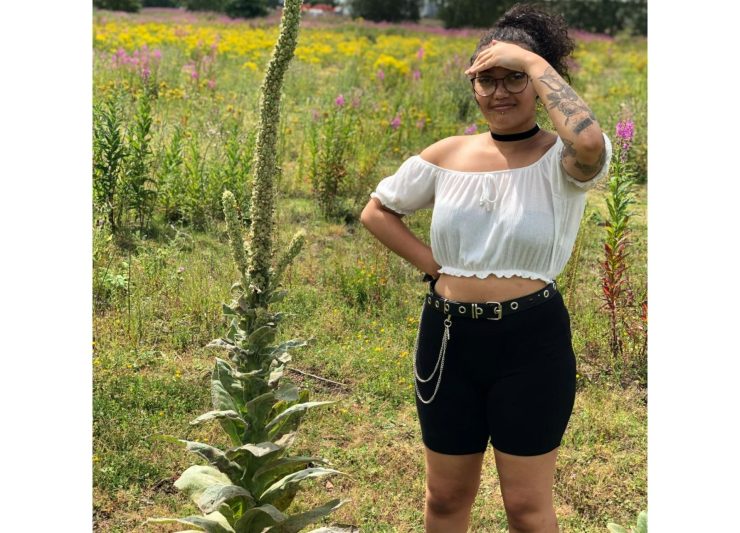Applied Ecology and Conservation Field Course module
As part of the second year Applied Ecology and Conservation Field Course module, we visited a range of local wildlife sites, such as the British Wildlife Centre, Waterhall, Knepp Estate, Rye Nature Reserve, Blue Reef Hastings and the Hastings Fisherman’s Protection Society. The module very well attended and the students continued to build a diverse skill set. Along the way there were some interesting talks on ecological processes as well as surveys and management experiences. Opportunities for further involvement in the form of volunteering or final year projects have also arisen and these offer excellent opportunities for employment. One of the highlights was the Knepp bird ringing day were we had the opportunity to get close to some amazing birds thanks to Penny, Josie and Dave.
